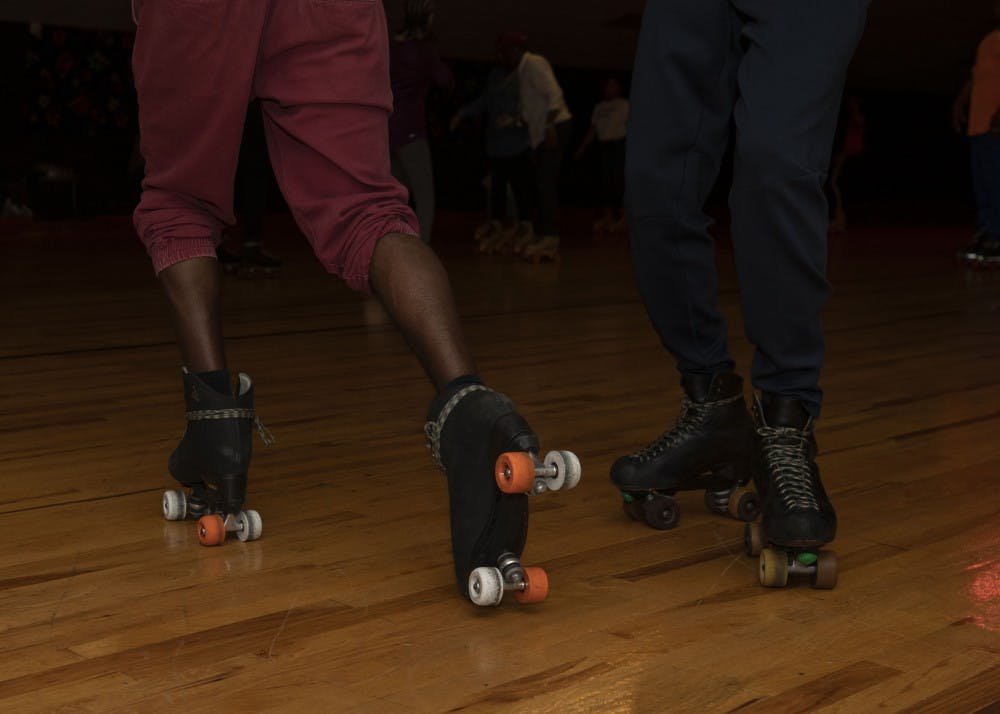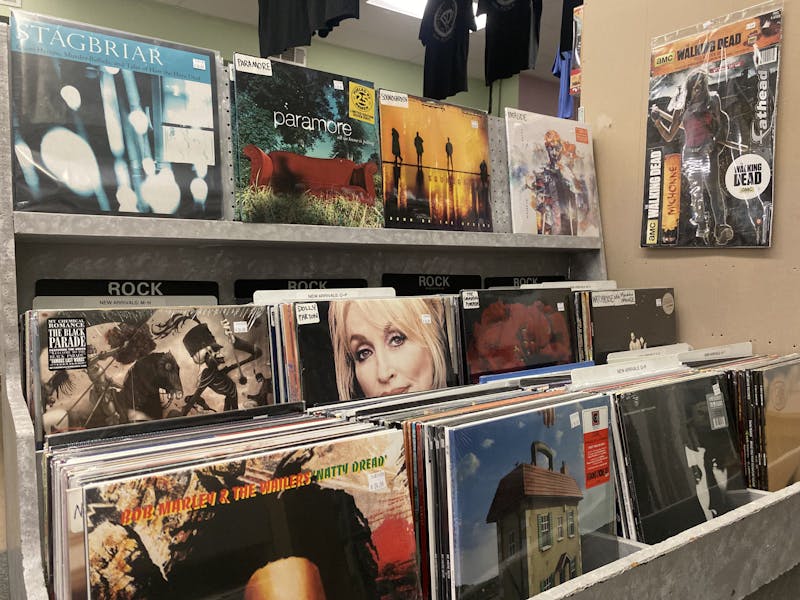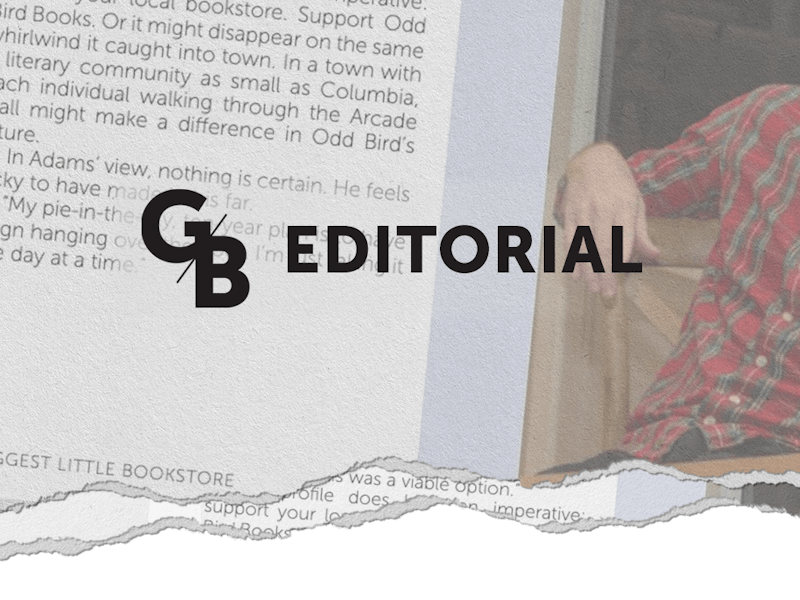Photo by Awa Dia
Frank Patterson steps onto the rink. He begins to skate, slowly at first. After a few minutes he picks up the pace. It’s not long until he becomes a blur. He weaves through the other skaters – in, out, in, out – in a breathless choreographed dance punctuated by the smell of stale sweat and the pulsating beat of hip-hop coming from the DJ booth.
“Once you get your wheels on the wood, everything else goes away,” Patterson, 52, says.
On a typical Sunday night, Patterson and 100 other adults fill the Three Fountains Recreation skating rink, creating a swirling oval ring of bodies and sweat. Tucked between a Dollar General and a car detail shop in West Columbia, the unassuming warehouse-style building becomes a sacred space on Sunday “adult skate” nights.
These skate nights function as a social hub and a communal gathering space for the African-American community – a subculture that has deep ties to the civil rights movement.
One of the earliest civil rights sit-ins organized by the Congress of Racial Equality occurred at a Chicago roller rink in 1949. In the 1960s, as public spaces were required to integrate, many roller rink owners only allowed African-Americans to skate during certain nights of the week. According to HBO documentary "United Skates," these nights had many names over the years like “gospel night” or “R&B night” but one that eventually stuck was “adult night.”
Like many others who now visit Three Fountains on Sunday nights, Patterson was a regular at Red Wing Rollerway, a rink off of Decker Boulevard. Before it closed in 2008, Red Wing was the most popular destination on Sunday nights for skating. For many, its closure was devastating. It was one of the only rinks in the state that offered adult skate.
“It was heartbreaking,” says Charles Davis, who has been skating for 19 years. “That’s a culture that’s sweeping across the nation. Skating rinks are closing all the time. We just don’t want skating to die in South Carolina. That’s why we keep coming out.”
Davis and a group of around 40 other Red Wing patrons were interested in buying the property to keep the rink alive but were ultimately unsuccessful.
“The person that was buying it, their bid was so high that we couldn’t match it,” Davis said. “We’ve been exploring since then ways to come together and eventually get our own rink.”
After its closure, a group of Red Wing skaters approached the owners of Three Fountains about the possibility of starting an adult skate night.
“They didn’t have any other place to go,” says Three Fountains co-owner Steve Phillips. “We were actually the only skating rink anywhere around that would open up on Sunday night.”
“We have people coming from Florence, Charlotte, Greenville, you know, just about every Sunday night,” Phillips says. “They’ll drive all the way from there to here just for three hours.”
Cornwell “CC” Campbell drives from Hartsville to West Columbia every Sunday to skate. He previously worked as a rink guard for 20 years. He says that when he started in the early ‘90s white people only skated on Fridays and Saturdays, while African-Americans only skated on Sundays.
“For the first three years, I was the only Black person in there on Friday and Saturday nights,” Campbell says.
By the late ‘90s, Campbell says that the unspoken racial barriers had mostly dissolved, but today adult skate remains predominantly African-American.
Despite Red Wing’s closing, skate culture in South Carolina has persevered. Adult nights remain popular at Three Fountains, and Davis is organizing a Red Wing reunion at the rink scheduled for this July.
“It’s a family coming together that shares a love for skating. Family and friends. And we encourage everybody else to get into it,” Patterson says. “We welcome everybody.”
“Skating is universal. Ain’t no color in skating. It’s about talent,” says Toure Clark, founder of American JamSkaters Inc. and a regular at Three Fountains. He has been skating for almost 50 years.
“You don’t need alcohol,” Clark says. “You don’t need no drugs. Because the high you get is the electricity. You come in here, the DJ provides the entertainment, and we provide the energy.”
Patterson has been skating since he was 16 years old. He tries to make it to adult skate every Sunday night.
“It’s a passion,” he says. “Once you get the music in your heart and mind, you put it on the floor.”



